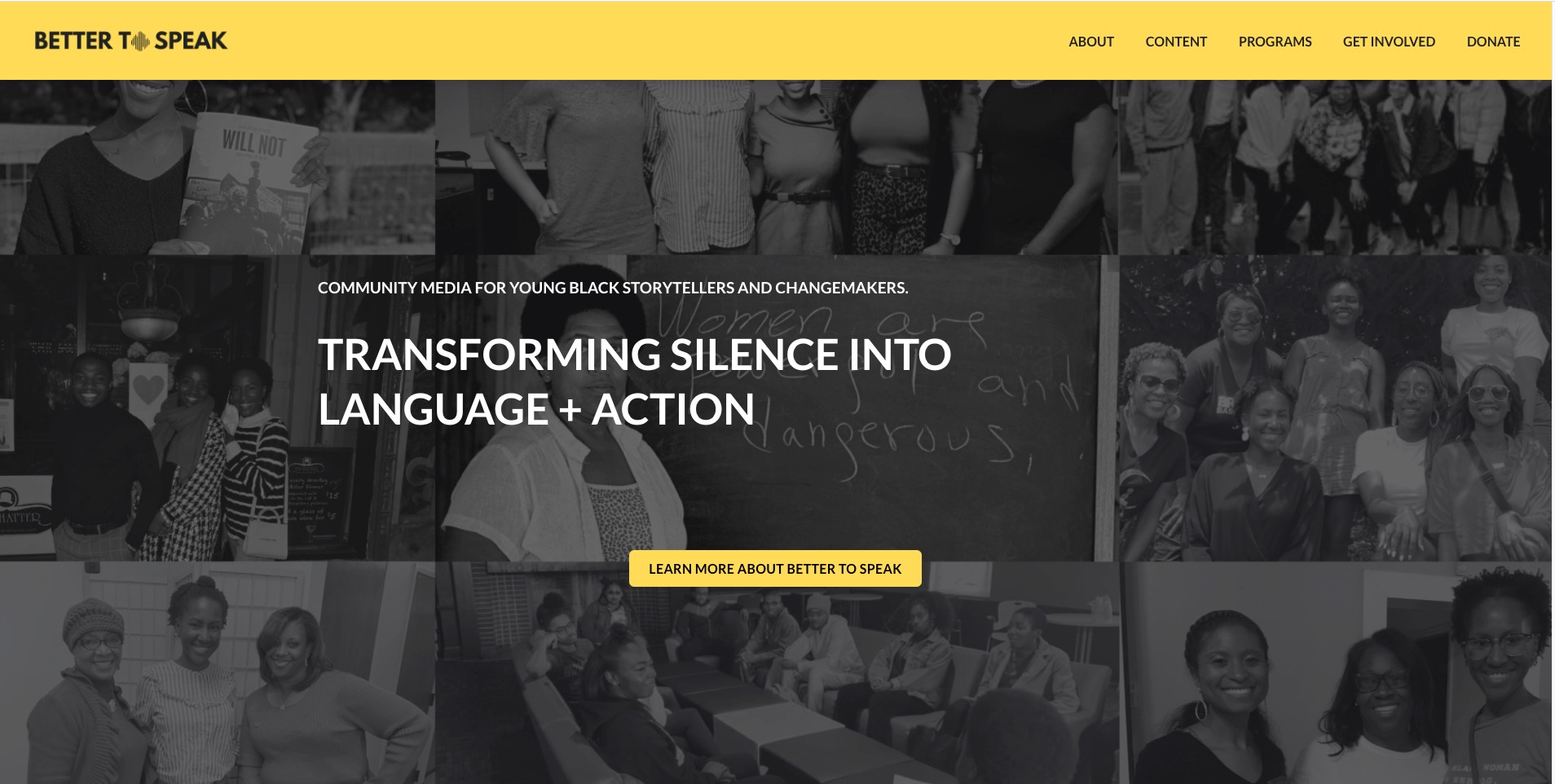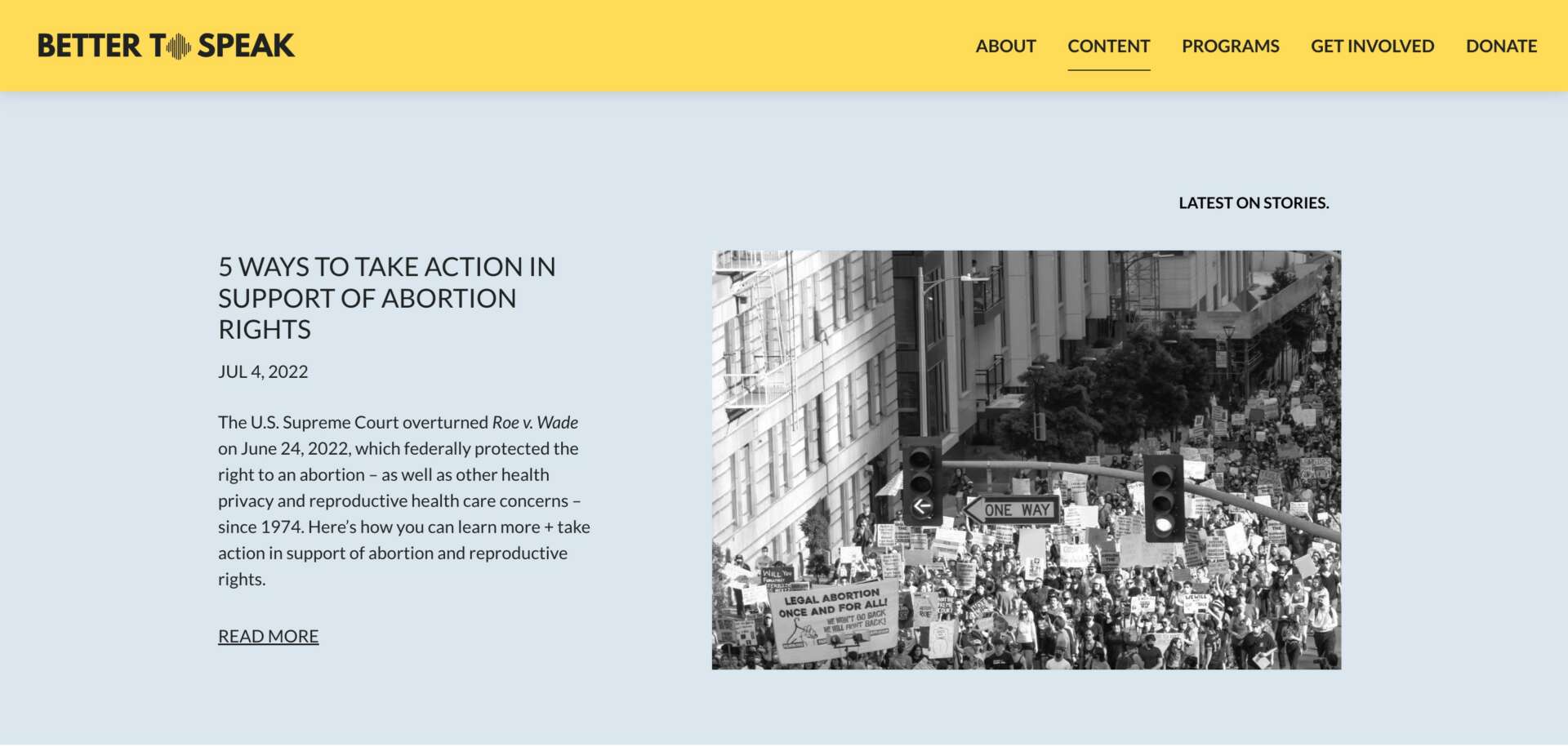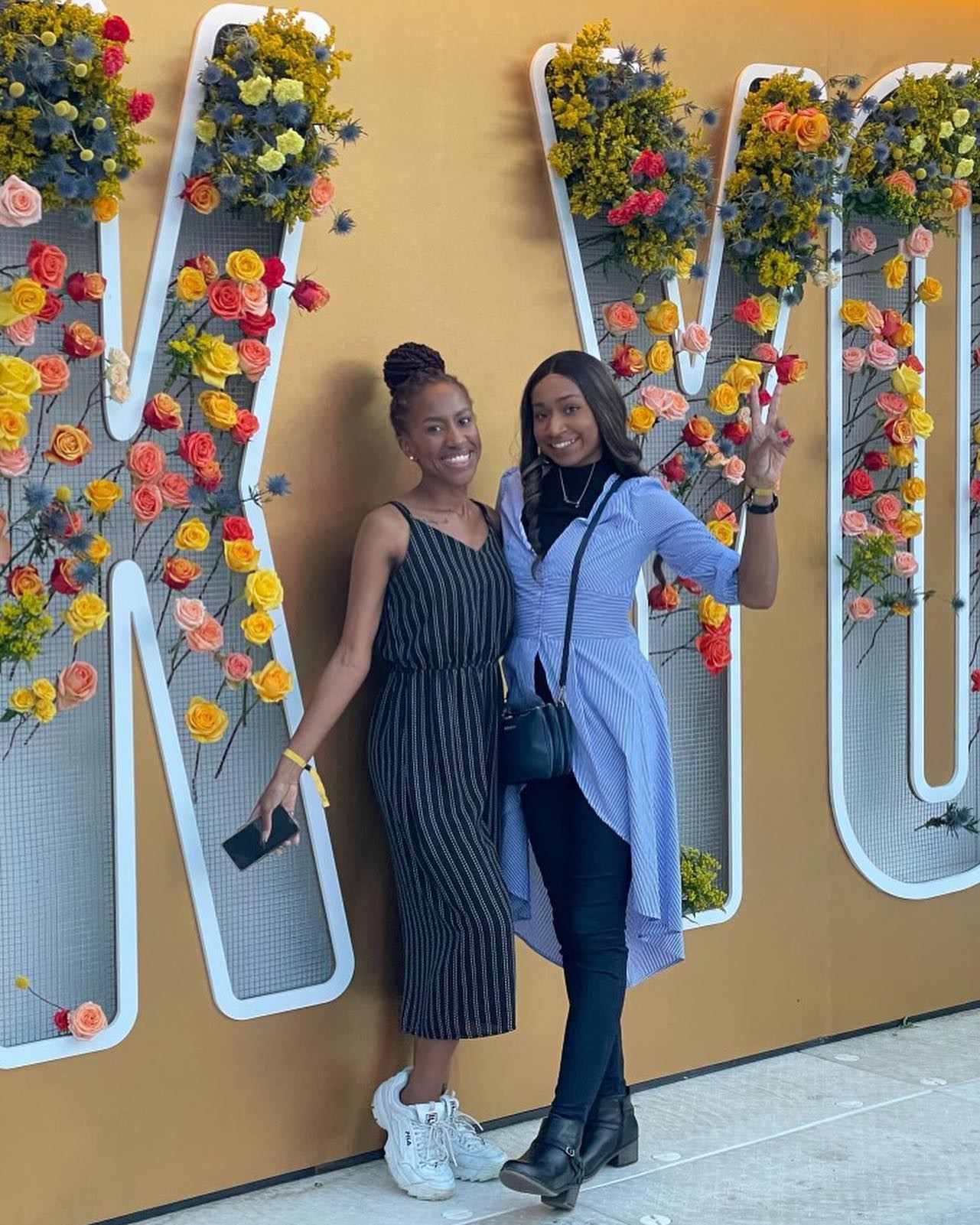Alright – so today we’ve got the honor of introducing you to Kesi Felton. We think you’ll enjoy our conversation, we’ve shared it below.
Hi Kesi, thanks for joining us today. Let’s talk legacy – what sort of legacy do you hope to build?
This question was challenging because I’ve been thinking a lot about legacy – and the long-term game plan for my life overall – from the perspective of “what will I have done and what boxes will I have checked?” But based on this past year, I think the biggest thing I’d hope to leave as a part of my legacy is that I remained grounded, at peace and joyful throughout the peaks and valleys that life’s journey has for me.
Meaning – without focusing solely on the anxiety of what might go wrong in life – I can remain grounded and true to myself even when I achieve my wildest dreams that may seem like what I may want on paper. I’ve realized this year that you can easily lose your peace while pursuing the material or surface-level things you want – even if those desires come from a genuine and sincere place. I’m learning that I’m becoming okay with not getting what I thought I wanted as quickly or at all, if it has to come at the cost of my peace.
So I hope that I continue to live with that in mind and that it’s demonstrated through the life I build for myself.

As always, we appreciate you sharing your insights and we’ve got a few more questions for you, but before we get to all of that can you take a minute to introduce yourself and give our readers some of your background and context?
The root of my projects, organizations, brands, etc. is storytelling that uplifts Black history, culture and identity – primarily through the lens of young Black women.
I’m a writer and founder of Better to Speak – a community media platform for Black youth and young adults. We’re building a platform for the voices and stories of Black folks 18 to 30 around key sociopolitical issues. That has come in the form of written articles, a podcast that I host, community conversations, workshops, and content strategy services that I’ve offered to Black community leaders and their organizations.
Additionally, I’m trained as a full-spectrum doula, and I am currently working to envision how I can better balance all of these passions to contribute to narrative change for reproductive justice, along with Black youth leadership and the voices of Black women.
Learning and unlearning are both critical parts of growth – can you share a story of a time when you had to unlearn a lesson?
Last year I had a lot of things on my plate (Better to Speak, completing my doula training, school, work, etc.) and was feeling the ramifications of spreading myself too thin more deeply than I had in previous years (ie. in college). I was able to make some progress on certain goals, but overall I felt like it got harder and harder to outwork what was very clearly burnout.
This year I’ve worked really hard to allow myself more space to just be while I continue to relearn my relationship to my work. I believe that work has been a major part of my identity that’s allowed me a lot of great opportunities to learn and grow, build community and professional relationships, and grow more in alignment with the person I hope to be and the things I hope to contribute.
And – I had to unlearn the idea that work was the only aspect of my identity and life experience that deserved such a significant investment. I’m learning that there are other aspects of my life and who I am as a person that are just as worthy of being invested in and seen by others.


Are there any resources you wish you knew about earlier in your creative journey?
I would say freelance websites like www.catchafire.org that is like UpWork or Fiverr but with volunteers, as well as the concept of bartering, and non-restrictive funding. I say this because: I didn’t start out – particularly with Better to Speak – knowing with 100% confidence that I wanted to build a business/organization out of it. It has primarily been a brand through which I’ve executed certain projects that I wanted help with. These resources have been great to build a practice of not allowing myself to just expect that people – regardless of how kind or generous – will just give you their labor for free to help you build your platform. I try my hardest to ensure I can pay people for their work – even though it has forced me to confront the reality of how difficult it is to acquire funding as a 24-year-old Black woman founder in the South.
I”m grateful for organizations like Press On South, who awarded Better to Speak our first grant – with no restrictions on how we could use it. They trust(ed) us completely and it definitely gave me the confidence boost as a young founder to really go out there and pursue my ideas for the platform. I continue to utilize these resources to continue learning about funding and revenue models for social impact organizations outside of the traditional philanthropic models, which I challenge myself to search beyond just because of the history of power dynamics between philanthropists and Black folks and Black-led/Black serving organizations.
These tools also kind of tie back to the previous question in that finding creative approaches to funding without cutting corners has taken a lot of that stress off my plate as it pertains to my work and projects. It’s been a great way to learn how to better understand what I need by virtue of understanding what my organization needs (primarily resources and support), to be less afraid to ask for what I need and to better prioritize my time, energy and other resources.
Contact Info:
- Website: www.bettertospeak.org
- Instagram: https://www.instagram.com/bettertospeak_/
- Facebook: https://www.facebook.com/bettertospeak
- Linkedin: https://www.linkedin.com/company/bettertospeak/
- Twitter: https://twitter.com/bettertospeak_
- Youtube: https://www.youtube.com/channel/UClk1dHGrOBixPqA-oy9741Q


